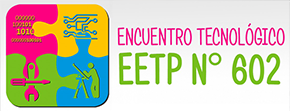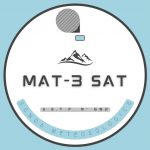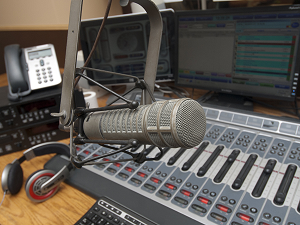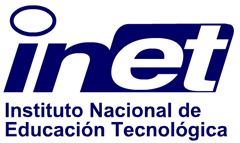Drug and Alcohol Treatment Center
Content
A person feels a strong need, desire, or urge to use alcohol or drugs, continues using alcohol or a drug despite negative consequences, and feels anxious and irritable if he or she can’t use them. A person needs increasingly larger amounts of alcohol or drugs to get high. Every day in America, 114 people die as a result of drug overdose, and 205 more die as a result of alcohol abuse. Behavioral contracting or contingency management uses a set of
predetermined rewards and punishments established by the therapist and patient
(and significant others) to reinforce desired behaviors. Effective use of this
technique requires that the rewards and punishments, or contingencies, be
meaningful, that the contract be mutually developed, and that the contingencies be
applied as specified. Some studies suggest that positive contingencies are more
effective than negative ones (National
Institute on Drug Abuse, unpublished).
- By participating in treatment while still being present for other areas of life, treatment and recovery are less stigmatizing.
- Our leading recovery staff is comprised of some of the most dedicated, compassionate, and understanding addiction treatment specialists in the industry.
- While alcohol abuse and addiction is difficult to overcome, it can be done with the help of a quality alcohol addiction treatment center or hospital.
In addition to professionally led treatment, many people benefit from mutual support groups. Groups can vary widely, so it’s important to try different ones to find a good fit. This combination can mirror the “active ingredients” of the best specialty programs. At the same time, it’s a way to get higher quality, one-on-one care that maintains privacy. People often think there are only two places to get help for alcohol problems—Alcoholics Anonymous (AA) or residential rehab.
Honoring National PTSD Awareness Day at Banyan
Here’s a quick self-assessment quiz you can take to get a better idea of your situation. Addiction treatment is probably a whole new world to you, but rehab and recovery are what we’re all about. If you don’t have insurance, contact us to inquire about alternative methods regarding treatment for yourself or a loved one. Find a Blue Distinction treatment facility using our Provider Directory.
As an independent drug and alcohol treatment center, our caring recovery staff members make decisions on patient care in-house. You are given the best chance of recovery knowing that your best interests are always at the forefront of our decisions. The Rehabilitative Services Division provides comprehensive residential and outpatient treatment to adults diagnosed with substance use disorders who currently reside in Miami-Dade County. Services are provided through assessment, intervention, direct treatment, case management and referral.
How to Recognize Emotional Abuse vs. Mental Abuse
Important differences in language persist between public and private
sector programs and, to a lesser extent, in treatment efforts originally developed
and targeted to persons with alcohol- as opposed to illicit drug-related problems. Programs are increasingly trying to meet individual needs and to tailor the program
to the patients rather than having a single standard format with a fixed length of
stay or sequence of specified services. Harbor Light Center is accredited by the Commission on Accreditation of Rehabilitation Facilities (CARF). Treatment options vary based on facility, with inpatient, outpatient, and detox services available. The largest center is located in The Salvation Army Freedom Center in Chicago, and it offers intensive rehabilitation and outpatient services to adult men, adolescent treatment programs for teens, and a 12-step program available to everyone. Treatment modalities include inpatient, outpatient, telehealth, detox, and sober living, with additional services available including cognitive behavioral therapy (CBT) and 12-step facilitation.
What are the 4 types of drinker?
Generally, people drink to either increase positive emotions or decrease negative ones. This results in all drinking motives falling into one of four categories: enhancement (because it's exciting), coping (to forget about my worries), social (to celebrate), and conformity (to fit in).
Gateway has seen more than 1 million graduates over the last five decades. If you don’t have VA health care benefits, you may still be able to get care. At RCA, we conduct a comprehensive assessment with every patient to create a precision diagnosis and a meaningful, individualized treatment plan that starts at the source.
Tour Our Facility
Lunch is also provided to patients daily who are enrolled in these treatment options at our hospital. If you think you may need rehab, choosing a detox and addiction therapy program is an important first step toward getting help for alcoholism and drug addiction and finding recovery from sober house substance abuse. Though inpatient rehabilitation programs are frequently 28 or 30 days to 90 days long, the first part of all of them is detox. During detoxification, a treatment professional helps you to manage the symptoms of withdrawal that occur when you stop taking drugs or alcohol.



















